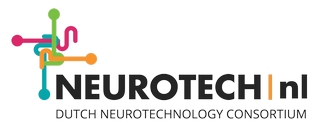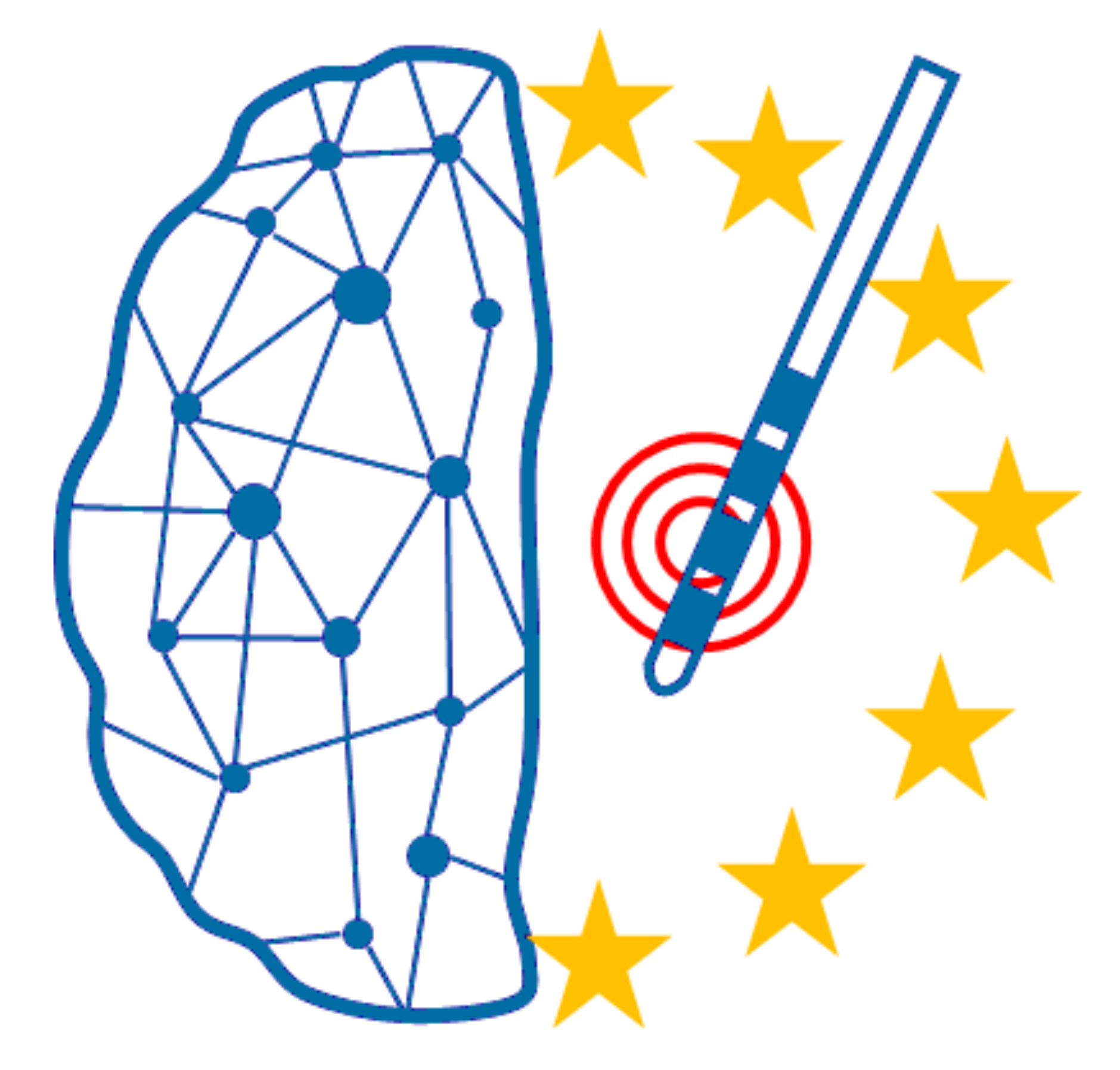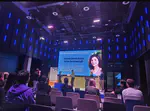Data-Driven NeuroTechnology Lab
The lab is embedded in the Donders Institute for Brain, Cognition and Behaviour and in the department of Artificial Intelligence. Our research focusses on data-driven neurotechnology, i.e., domain-specific machine learning methods which allow to decode brain states in single trial and methods which permit to modulate the ongoing brain state.

The developed methods are employed to further our insight into perception-, motor-, and cognitive functions for both, the healthy and the diseased brain.
Building upon these insights we regularly transfer machine learning models into closed loop protocols (1) to provide novel tools for the fundamental neuroscientific research, and (2) to create applications such as brain-computer interface (BCI) systems for patients and healthy users.
Machine learning research
We investigate supervised and unsupervised machine learning models capable to:
- deal with high noise, high dimensional multi-channel and multi-modal data
- embrace invasive and non-invasiv time-series brain signals as well as behavioural information
- realize domain-specific, data-driven preprocessing and feature extraction
- integrate domain-specific regularization approaches
- adapt over time to non-stationary feature distributions
- transfer between recording sessions, users and tasks
- learn from very small training data sets
- learn from unlabeled, but structured data
- minimize the model training (calibration) period
- learn invariant, robust representations and embedding functions
Neuroscience Research
making use of these machine learning methods, we are trying to gain a better understanding of these topics:
- relationship between behaviour and brain activity
- relationship between invasive and non-invasive brain signals
- understanding the underlying neural mechanisms
- of successful vs. failing hand motor tasks
- of language rehabilitation after stroke
- induced by (adaptive) deep brain stimulation
- of successful BCI control
Applications
Algorithms developed must prove their feasibility, efficiency and robustness in closed-loop systems for clinical and non-clinical applications such as:
- auditory BCI-supported language rehabilitation training of chronic stroke patients with aphasia
- controlling adaptive deep brain stimulation (DBS) systems
- brain-computer interface (BCI) systems for communication and control, for media- and gaming applications
- (Bayesian) optimization of experimental parameters under noisy objective functions
- forecasting motor and cognitive performance in repetitive tasks
- brain state informed human-robot interaction
Latest News
Partners
We collaborate with these partners for research and education:








